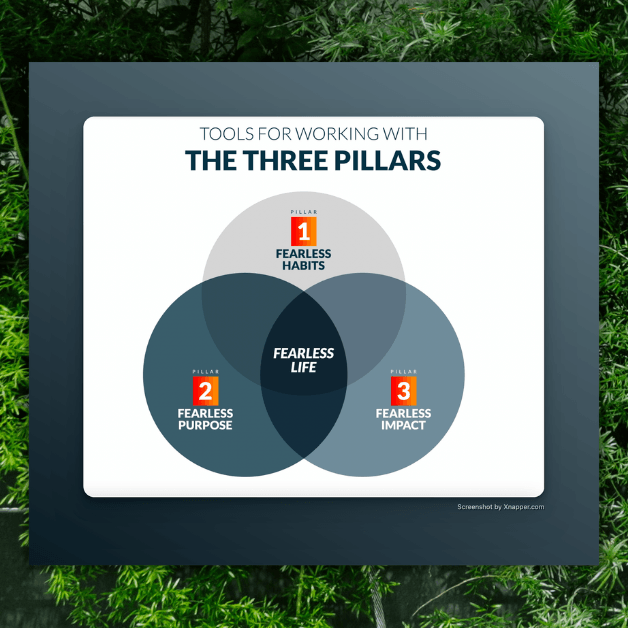“There is a meditation exercise in which you place a raisin in your mouth. You do not eat the raisin. You meditate and allow it to sit in your mouth unmolested. The raisin plumps up and becomes a juicy fruitness in your mouth, tempting you to bite it. This is a powerful example of how eating is different when you are truly aware of each morsel.” – Thich Nhat Hanh
Post written by Leo Babauta. Follow me on Twitter.
When my family and I visited Tokyo earlier this year, it was a bit sad to see the rise of fast food in Japan.
It’s a beautiful country with a rich history of a traditional lifestyle, incredible food, and good health. They’ve perfected the art of food preparation, using the freshest ingredients to create small portions of beautiful dishes.
And while there still aren’t many fat Japanese people, especially compared to the U.S., I’d bet that will change with the insidious growth of fast food restaurants on many a street corner. McDonald’s is prevalent, of course, but so are many other Western food chains and an increasing number of Japanese fast food outlets.
It’s been awhile since I’ve written about the Slow Food movement, but I really believe it’s the answer to many of our problems: health and obesity, the hectic and stressful pace of modern life, and the lack of happiness in a complex and often burdensome world.
This is the Anti-Fast Food Diet — a way to not only lose weight and get healthier, but to change your life to one of simplicity, moderation, and joy.
Abandon fast food, and all the values it brings: mass consumption, mass production, the exploitation of workers, the destruction of the environment, the destruction of small local businesses, the corporatization of our culture.
Instead, embrace Slow Food. Here’s how.
- Stop rushing to eat. Set aside more time for eating, for shopping and preparation, for enjoying life. Stop rushing to fast food places because it’s convenient — because it’s not so convenient to be hospitalized. Instead, make time, and take things a bit slower.
- Prepare your own meals. I know, who has the time? You do. Make the time, and cook simple meals without a lot of ingredients or preparation time. It takes 10 minutes to whip together a healthy and tasty lunch or dinner. And it can be a lot of fun (get the family or your partner involved). Preparing your own meals is healthier, frugal, and you know you’re eating good food.
- Eat real food, not processed. Buy fresh ingredients such as fruits, veggies, whole grains, nuts, beans, and the like. Use ingredients you can recognize, not things filled with chemicals. Don’t use prepared food if you can avoid it — microwaveable or boxed foods are not the best. Avoid processed food at all costs.
- Eat slowly and mindfully. Too many people stuff food down their gullets these days. It’s not healthy, and you’ve just consumed food without enjoying it. Instead, take the time to chew your food, to taste it, to be present as you eat.
- Enjoy the food. Fully savor each bite. Appreciate the miracle of the food you’re eating, and be grateful you have that bite at all.
- Take time to breathe, and smile. Before you begin to eat, smile, and take a deep breath, reminding yourself to be present and enjoy the food. Between bites, instead of rushing to the next bite, breath, relax, enjoy. Savor the moment.
- When drinking tea, just drink tea. When eating, just eat. Be fully present. Don’t read a book or surf the net or drive or work or anything else but eat and drink.
- Good conversation. OK, the exception to the above rule: eating with friends and family. Fast food has destroyed the good meal and conversation, because we’re rushing as we eat and don’t have time for a good talk. Bring it back.
- When you do eat at a restaurant, make it a good one. Avoid the fast food places, but also the chain restaurants (Chilis, TGI Fridays, Lone Star, Olive Garden, etc). Go to locally owned restaurants where they use real ingredients and really make good food. These may be more expensive, but you’re not supporting a corporation and your food will be better, and even if it means eating out less that’s OK — quality is more important than quantity.
“There are some people who eat an orange but don’t really eat it. They eat their sorrow, fear, anger, past, and future.” – Thich Nhat Hanh
“When you eat with awareness, you find that there is more space, more beauty. You begin to watch yourself, to see yourself, and you notice how clumsy you are or how accurate you are. … So when you make an effort to eat mindfully…, you find that life is worth much more than you had expected.” – Chogyam Trungpa
—
If you’re interested in a life of minimalism, check out my new ebook: The Simple Guide to a Minimalist Life.
Or find more of my other books and ebooks.

